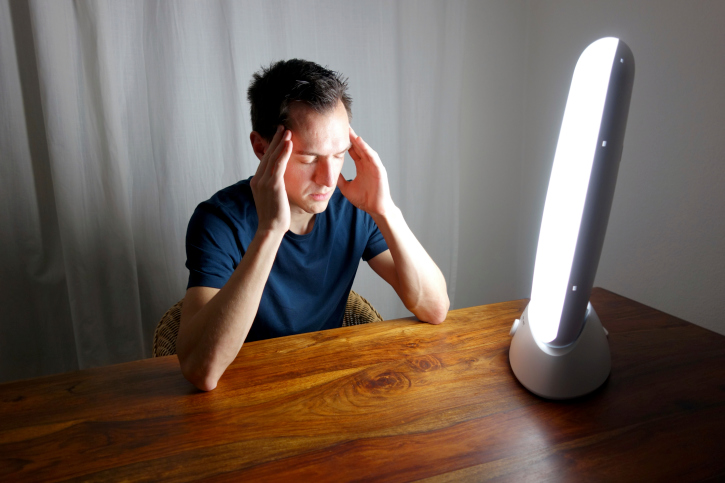Running and mental health link thrown into doubt: study
Runners perplexed by new study showing that running more than six days a week for more than 45 minutes is associated with lower mental health


A study published yesterday in Britain’s Lancet medical journal seems to throw some doubt on something the running community takes more or less for granted: that if running benefits mental health, then more running must benefit mental health even more.
“Association between physical exercise and mental health in 1.2 million individuals in the USA between 2011 and 2015: a cross-sectional study,” by Yale University’s Adam Chekroud and five other researchers, looked at a large sample of Americans over four years, taking their data from the Centers for Disease Control and Prevention’s (CDC) annual Behavioural Risk Factors Surveillance System between 2011 and 2015. The study concludes that “Individuals who exercised had 1.49 (43.2 per cent) fewer days of poor mental health in the past month than individuals who did not exercise.” But the authors caution that more exercise did not always mean better mental health.
RELATED: Running and mental health linked for Toronto Waterfront 10K charity partner
Our response to a scientific paper published today.https://t.co/PWau5RxwXS
— Trail Running Mag (@TrailRunningMag) August 9, 2018
Looking at the “running and jogging” category alone, the study shows a slight increase in mental health burden when the activity was performed more than 24 times per month (i.e. six days a week), and when the activity was done for more than 45 minutes, definitely a perplexing result that running media will be doing their best to discount in the coming weeks.
An article in Trail Running magazine was quick to point out the study’s shortcomings. Many studies receive criticism for being based on small sample sizes, i.e. too few people to allow us to apply the data to the general population. This study overcomes that, but in doing so, it introduces other problems, mainly that the data is self-reported, i.e. none of those 1.2 million people was actually observed in an experimental setting. Respondents are merely answering questions on a survey in their own time, based on their own interpretation of what is meant by “mental health.”

Another aspect of the study that has come under criticism (though we can’t rely on it for the statistic specific to running) is its definition of exercise, which included everything from running after children to housecleaning and yard maintenance, to fishing (more accurately described as recreation than exercise, depending on the type of fishing). As Trail Running magazine suggested, “I don’t know about you–but mowing the lawn every day would make me pretty miserable! Including all these other sorts of activities in the survey seems to throw the results into question when it comes to analyzing the real benefits of proper exercise.”
Not surprisingly, the study found that “even walking” was associated with a significantly lower mental health burden than not exercising at all. People who engaged in team sports experienced the biggest reduction in mental health burden, with cycling, going to the gym and running also showing significant benefits of around 20 per cent. The more physically demanding the exercise, the greater the benefit, especially if done with other people, as in team sports.
The study being cross-sectional and observational (meaning it examines a group of people at a particular point in time, rather than following them over a period of time), it shows correlation but not causation, i.e., as Chekroud points out, it could be that people with poor mental health are unlikely to exercise, though he admitted that there are also randomized studies showing that when people with poor mental health are made to exercise as part of the study, their mental health improves.


